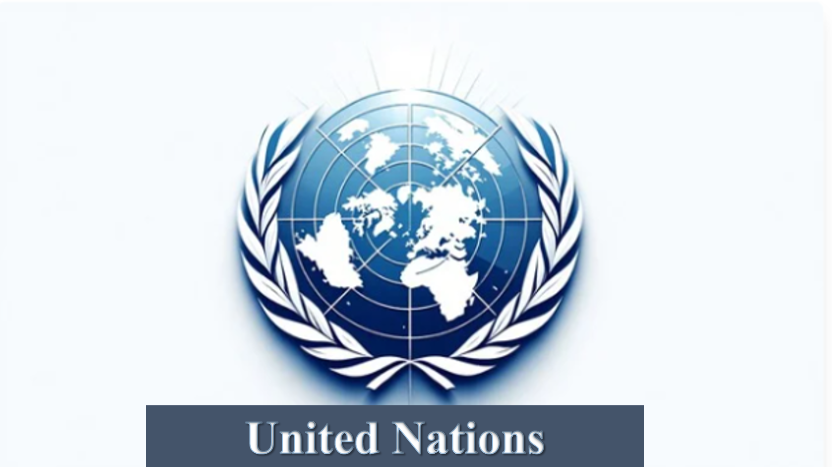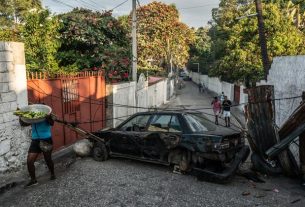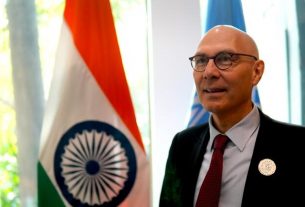UN High Commissioner for Human Rights Volker Türk strongly condemned Mali’s recent decree banning political parties, describing it as a “draconian” violation of fundamental rights. Türk warned that the law could further silence political dissent and institutionalize repression in the country.
In his statement on Friday, Türk called for the immediate repeal of the decree and urged the release of individuals arrested on politically motivated charges. He emphasized that any restrictions on political participation must align with Mali’s international human rights commitments. Furthermore, he underscored the importance of conducting independent and transparent investigations into these abuses, ensuring that victims’ rights to truth, justice, and reparations are upheld, and that perpetrators are held accountable.
Signed on May 13 by Mali’s transitional president, the new decree effectively dissolves all political parties and politically oriented organizations, effectively criminalizing political opposition. This move is the latest escalation in the military-led government’s ongoing campaign to suppress political engagement and dissent since the 2020 coup. The junta has faced growing accusations of dissolving opposition groups, arresting critics, and forcibly disappearing political figures since it took power in 2021.
Among the high-profile victims of the crackdown is political commentator Issa Kaou N’Djim, sentenced to two years in prison for criticizing a neighboring military regime, and civil society leader Daouda Magassa, who was abducted in February and is reportedly being held at the National Agency for State Security. His current whereabouts remain unknown.
Human Rights Watch has also raised alarm over the growing suppression of political opposition, calling on the African Commission on Human and Peoples’ Rights to intervene. The organization highlighted a disturbing trend of enforced disappearances and arbitrary detentions, aiming to silence opposition, civil society, and independent media. Notably, Joliba TV News, a broadcaster critical of the junta, was shut down in 2024 due to political pressure and foreign complaints.
International concerns have intensified following the recent discovery of approximately 100 bodies near the Kwala military camp, most of them from Mali’s Peul (Fulani) community. The victims, who had been detained during military operations in April, are believed to have been executed after enforced disappearances. UN experts have condemned these acts as potential war crimes and crimes against humanity.
Mali, a signatory to both the African Charter on Human and Peoples’ Rights and the International Convention for the Protection of All Persons from Enforced Disappearance, is bound by international laws that prohibit arbitrary detention, enforced disappearances, and violations of the right to freedom of expression and association. However, observers have noted that these rights are being systematically violated by the current regime.



